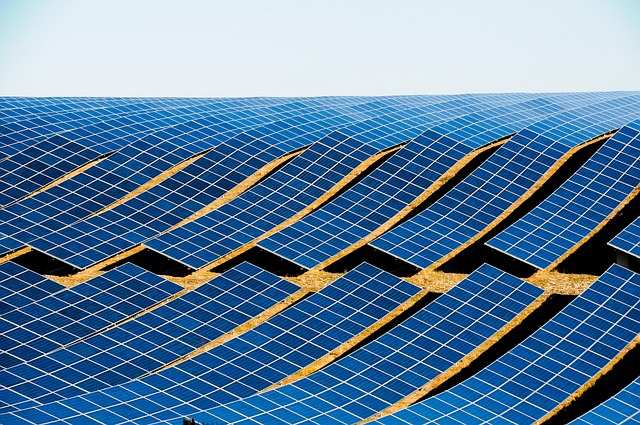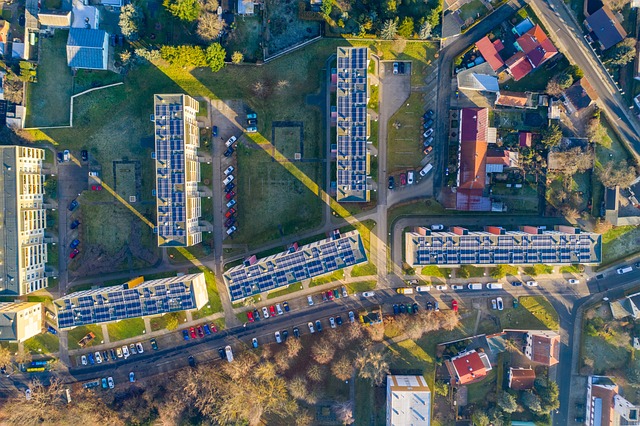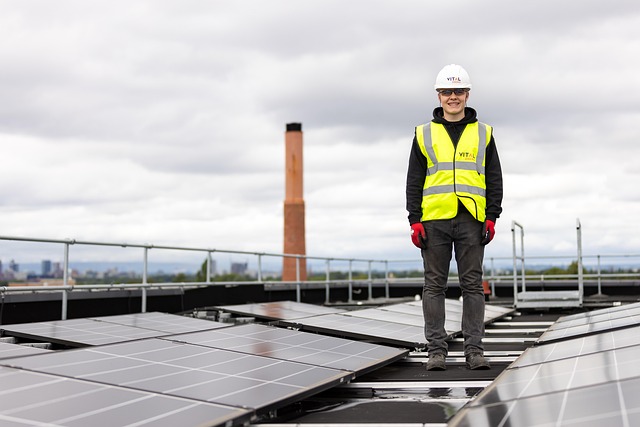Optimizing energy consumption in real estate through targeted upgrades, smart home automation, and renewable energy solutions significantly reduces electricity expenses over time. These strategies enhance property value, appeal to eco-conscious buyers, and foster more sustainable spaces in the real estate market.
Looking to slash your electricity bills and invest in a sustainable future? This guide helps real estate owners and renters alike navigate cost-saving strategies. Start by understanding your energy consumption patterns through smart meters and data analysis. Automate your home with efficient devices to optimize heating, cooling, and lighting. Explore renewable energy options like solar panels for significant long-term savings while contributing to a greener planet.
Understand Your Energy Consumption Patterns in Real Estate
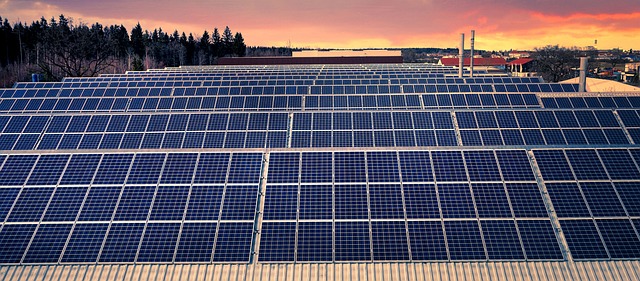
Understanding your energy consumption patterns is a crucial step in reducing electricity expenses, especially in the context of real estate. Property managers and owners should analyze how much energy different areas of their buildings consume. This involves tracking usage during various periods, identifying peak demand times, and pinpointing energy-intensive systems or appliances. By studying these patterns, they can make informed decisions to optimize energy efficiency.
In real estate, a detailed understanding of energy consumption allows for targeted upgrades and changes. For instance, replacing outdated HVAC systems, installing smart thermostats, or switching to energy-efficient lighting can significantly reduce long-term electricity costs. Regular monitoring and adjustments based on these insights will contribute to creating more sustainable and cost-effective living or working spaces.
Implement Smart Home Automation Systems
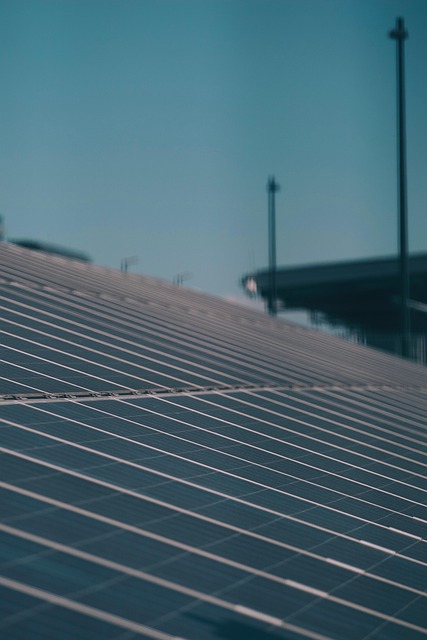
Implementing smart home automation systems is a strategic move for homeowners looking to reduce electricity expenses in the long term. These advanced technologies allow for precise control and monitoring of energy usage, enabling adjustments based on real-time data. By connecting various appliances and devices to a centralized network, homeowners can easily program schedules, set temperature preferences, and remotely manage lighting, heating, and cooling systems. This level of customization ensures that energy isn’t wasted during off-peak hours or in unused areas, significantly lowering utility bills.
In the realm of real estate, smart home automation is becoming increasingly popular as a feature that enhances property value. Not only does it offer financial benefits through energy conservation, but it also appeals to tech-savvy buyers who appreciate modern conveniences. Efficient energy management can be a significant selling point, especially in competitive markets where every advantage counts.
Explore Renewable Energy Options for Long-Term Savings

When considering how to reduce electricity expenses long-term, exploring renewable energy options stands out as a game-changer, especially in the real estate sector. Properties equipped with solar panels or wind turbines not only lower utility bills for owners but also attract eco-conscious buyers and tenants. These sustainable energy sources are increasingly affordable due to technological advancements and government incentives, making them a wise investment that pays dividends over time.
Moreover, integrating renewable energy solutions can enhance the overall value of a property. In today’s market, buyers actively seek out energy-efficient homes, willing to pay a premium for lower utility costs. Therefore, adopting renewable energy options not only reduces long-term electricity expenses but also positions real estate as a forward-thinking and lucrative investment in a sustainable future.
